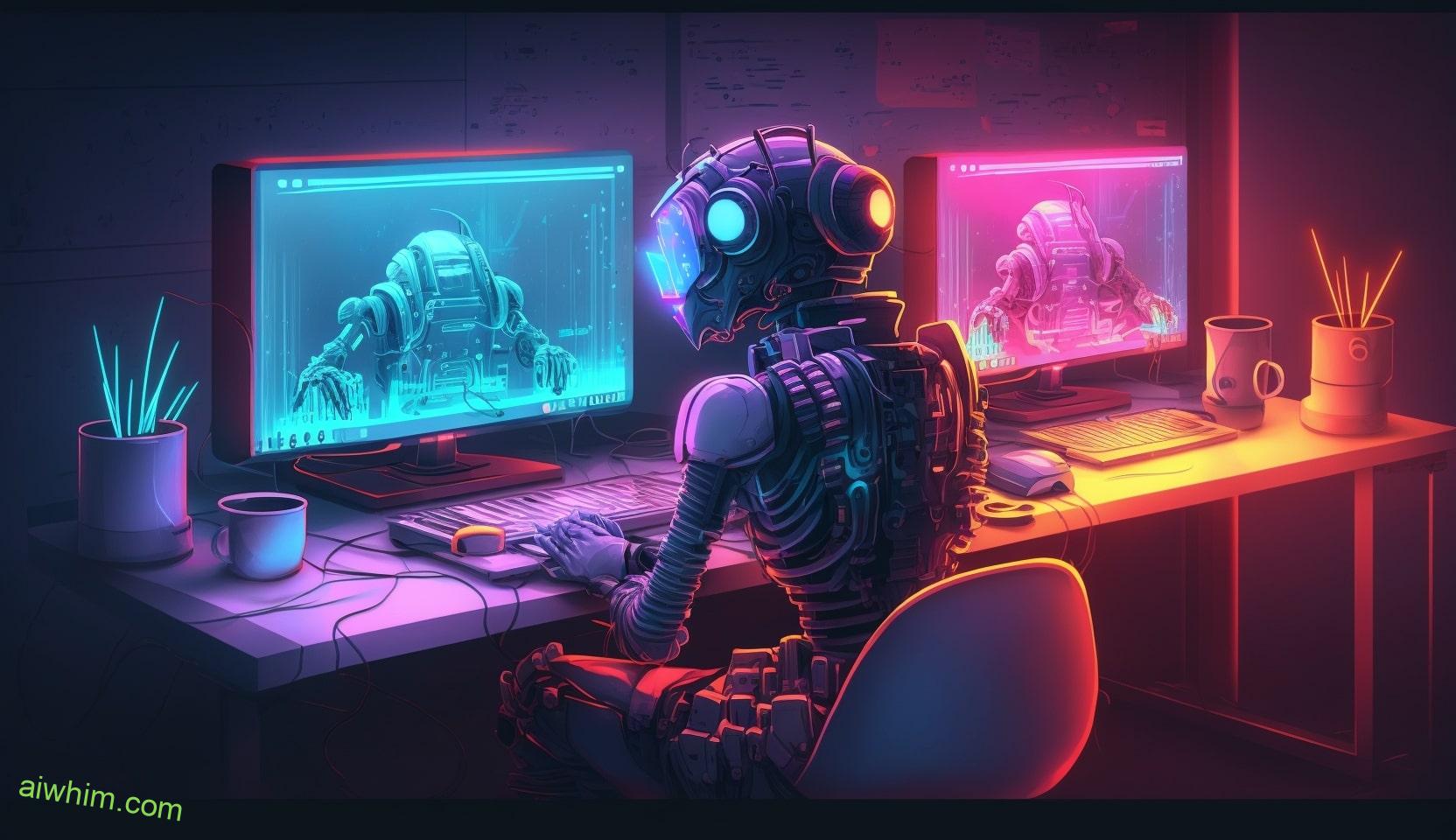In today’s digital world, the fear of AI and automation is a real concern for many professionals. As technology continues to rapidly evolve, more jobs are being replaced by machines – including those in editing. But what does this mean for editors? Will their job be taken away as robots take over? This article will explore the impact of AI and automation on editorial roles, and how it could affect your career prospects.
The rise of artificial intelligence has been met with both excitement and apprehension. While some recognize the potential that these technologies have to improve efficiency, others worry about their effect on our economy and employment opportunities. For editorial professionals especially, there is growing concern that they may soon find themselves out of work due to advances in machine learning and natural language processing (NLP).
As we progress further into an automated future, it’s important to consider how AI and automation can change the way editors do their job – or even eliminate it altogether. In this article, we’ll look at what lies ahead for editors as they face off against robots and discuss whether their skillset can remain relevant in the age of automation.
By the way, you might also be interested in this article about how AI is changing proofreader and copy marker careers.
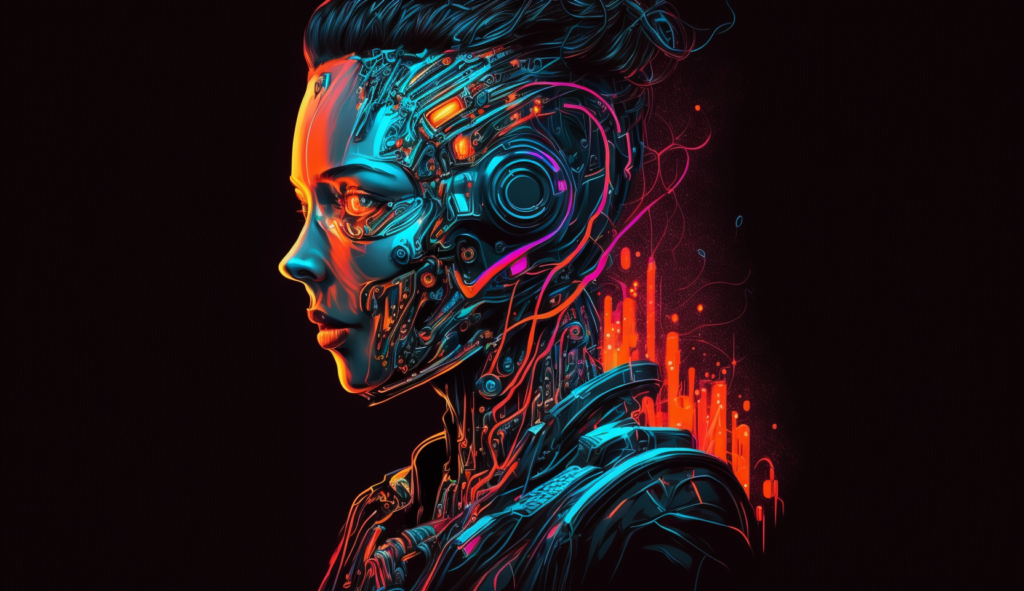
Definition Of AI And Automation Technology
AI and Automation technology have become integral parts of our lives. As such, the question arises: will these technologies replace us in the editorial jobs? To answer this question, it is important to first understand what AI and automation are.
Using hyperbole to highlight the power of AI and automation, one could say they are like a magic wand – granting wishes to those who use them. In reality though, they are computer programs that can be used to perform various tasks automatically or semi-automatically without human intervention. They can do anything from analyzing data, recognizing patterns, responding to inputs, predicting outcomes, controlling machines and even driving cars autonomously! These tools give businesses access to improved efficiency, cost savings and higher accuracy levels which makes them attractive investments for any organization looking for an edge over competitors.
The potential of AI and automation should not be taken lightly; however, with great power comes responsibility. It’s essential that we approach their application thoughtfully so that we don’t inadvertently create situations where people lose their livelihoods due to job displacement by these new technologies. With proper implementation, AI and automation can bring about immense benefits while allowing humans to focus on more meaningful work instead of mundane tasks.

You may also be interested in this article about whether AI will take over the jobs of journalists.
History Of Technology In The Editing Industry
The editing industry has come a long way since its inception, with technology playing an increasingly larger role in the process. The history of automation and AI within the editing industry dates back to the mid-20th century, when computer software first began being used for basic text edits and corrections. Since then, numerous advancements have been made that have drastically changed how editors work:
- Computers & Editing Software: Computer programs like Microsoft Word and Adobe InDesign are now commonly used by editors to create content quickly and accurately.
- Automated Proofreading Tools: Technology such as automated proofreading tools allow editors to find errors faster than ever before. These tools can also suggest changes that would make written documents more effective.
- Machine Learning Algorithms: Artificial intelligence algorithms are revolutionizing the editorial workflow by allowing for rapid processing of large amounts of data at once. This is especially useful for tasks such as copyediting or fact-checking which require tedious manual labor without machine learning algorithms.
While these technological advances have undoubtedly improved efficiency within the editing industry, they may also bring about unintended consequences. As automation continues to become more advanced, it could potentially replace many jobs that were previously done manually by human workers. It’s important to remember though, that regardless of what technology can do, it will never be able to replicate the creativity and passion of a real editor – something humans will always possess over machines!
Read the link to find out how ChatGPT is shaping the future of writing!
Pros And Cons Of Automation
Imagine a dark, foggy future in which robots and artificial intelligence rule the world: no more jobs for humans. That’s one possible outcome if automation takes over roles currently filled by editors. It could be catastrophic. On the other hand, it doesn’t have to be that way; automation has its advantages too.
When considering the pros of relying on automation, it can help reduce costs while improving accuracy and speed. In addition to providing cost savings, automation also offers scalability as companies grow. Furthermore, automated tools are great at solving tedious or repetitive tasks that would otherwise take significant time away from human workers. These advantages should not be overlooked when evaluating potential automation solutions.
On the flip side there is a risk of job losses with automation taking over editorial duties and people losing their livelihoods due to machines doing what they used to do. Automation carries risks such as technology becoming outdated quickly or malfunctioning, requiring costly repairs and upgrades. Additionally, software errors or bugs may cause serious problems if proper safeguards aren’t put into place prior to implementation.
The decision whether or not to automate editorial work comes down to weighing up these automation advantages against any potential drawbacks and associated risks before making an informed choice.

Impact On Editors’ Job Security
With the rise of automation, editors face an uncertain future. As more and more tasks become automated, there is a legitimate concern that editor job security may be compromised. This raises questions about the impact on editors’ career prospects if they are unable to keep up with the advancing technology.
To better understand this issue, it is important to look at how AI and automation could potentially displace editors in the workplace. Automated systems can quickly analyze content for accuracy and consistency, eliminating much of the need for manual proofreading by human beings. Moreover, machine learning algorithms can identify patterns in large sets of data which would otherwise require significant time investment from people. In short, it seems likely that automation will increasingly threaten many traditional editing roles over time.
At present, however, editors still have an opportunity to remain competitive in their field through specialized training and knowledge acquisition. For example, understanding coding languages such as HTML or XML can open doors to new opportunities outside of conventional copy-editing jobs. Similarly, developing skills related to digital media production and publication management can help expand one’s professional horizons beyond what was traditionally expected from an editor role. Ultimately, while it cannot be denied that automation has had a profound effect on editor job security and career prospects alike; those who stay ahead of the technological curve will find themselves well prepared for whatever comes next.

Qualifications Needed For Editors To Succeed
It is a myth that automation and AI will eventually steal all jobs as an editor. In fact, these new developments in technology may open the door for more editors to join the industry. Qualifications needed for editorial success include:
- Editorial experience
- Copy-editing skills
- Proofreading ability
In order to stay relevant in this field, editors must be prepared to take on tasks such as reviewing content accuracy, making sure standards are met, checking text formatting, etc. Editors need to have strong organizational skills, good critical thinking abilities, and effective communication with clients/content writers. They should also possess excellent problem solving and research capabilities when it comes to finding solutions for difficult editorial issues. Additionally, they must understand how their work impacts readership and marketing efforts of companies or publications which can ultimately influence company performance. Lastly, an understanding of current digital trends helps editors remain up-to-date with the latest technologies so they can efficiently integrate them into their workflow process.
To succeed as an editor requires dedication and hard work; however the rewards are great – you get to make a positive impact while working independently and having control over your schedule. So if you want a career in editing then don’t let myths about automation stop you from pursuing your dreams!

Availability Of Automation Software
Now that the qualifications of editors have been discussed, it’s time to consider how automation may affect their job. Artificial Intelligence (AI) tools and automated editing software are growing in prevalence, leaving some wondering if they will eventually cause a decline in traditional editorial roles.
The availability of automation software has increased significantly over recent years. In fact, AI-powered solutions can now be used for tasks such as content creation, spellchecking, and even plagiarism detection – all processes which were once completed manually by an editor or team of professionals. With more businesses seeking cost-effective alternatives to expensive proofreading services, many turn to these advanced ai tools and automation software to complete their digital projects quickly and efficiently.
Despite this influx of technology into the industry, however, experienced hands-on editors still remain essential when it comes to producing high quality work with accuracy and clarity. Automation is not yet sophisticated enough to pick up on subtle nuances that human touch adds; grammar rules must be applied correctly, typos need checking diligently, tone needs adjusting sensitively – all skills which only come through experience. For those who want freedom from mundane tasks but crave professional results every time: hiring a skilled editor remains the best choice!

Alternatives To Automation
The theory that AI and automation will steal the editor jobs is far from the truth. With the right strategies, it can be ensured that automation remains a tool rather than an obstacle editors’ careers. Here are three alternatives to relying on AI for editing services:
- Human-assisted Editing: This involves using automated tools such as grammar checkers but also having humans review them. It ensures accuracy while cutting down time spent on mundane tasks.
- Outsourced Editing: For more complex projects, outsourcing to experienced editors could be the way to go. They have specialized knowledge and experience which can help you achieve better results without sacrificing quality.
- Self-Editing: Finally, self-editing is always an option if you want complete control over your work. Through practice and commitment, it’s possible to become a confident editor capable of producing high quality content with minimal assistance from others or machines.
In short, there are many ways to remain competitive in the industry without resorting to automation alone. As long as you keep learning and evolving, there is no need to fear being replaced by robots anytime soon!
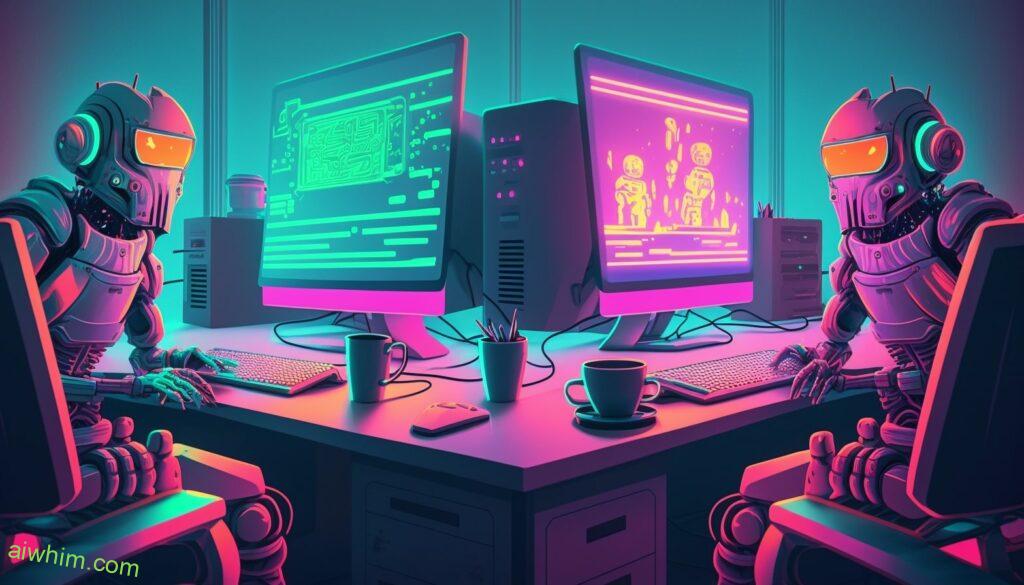
Additional Skills Required For Editors To Survive
As the world progresses and Artificial Intelligence (AI) and automation take over certain roles, editors must be prepared to adapt or risk becoming obsolete. In order to survive in a competitive market, they need to develop additional skills beyond basic editing. Technical abilities such as coding and computer programming are now essential for many editors, while marketing skills can also help them reach potential customers.
Having multiple talents will enable editors to stand out from the rest of their colleagues by allowing them to offer more services than just writing and proofreading. This could include creating web copy, managing social media accounts or organizing content campaigns – all valuable assets that employers look for when hiring an editor. It’s no longer enough just to have excellent grammar; being able to keep up with technological trends is the key to success in this ever-changing industry.

Cost Implications Of AI And Automation Tools
The cost implications of AI and automation tools are becoming more apparent as these technologies increasingly become a part of our lives. They can save us time, money, and effort when it comes to editing tasks that would otherwise take hours or days to complete. However, with the rising costs associated with purchasing and maintaining such technology, many editors may find themselves feeling overwhelmed by the financial burden.
On one hand, these tools have helped streamline processes for businesses significantly, resulting in increased efficiency and productivity. On the other hand, they require significant upfront investments which could be difficult for some individuals and companies to sustain without adequate support or resources. Furthermore, maintenance costs for automation tools can quickly add up over time if not managed properly. This is why it’s important to consider how much you’re willing to invest before investing in any AI-driven solutions.
It’s clear that while AI and automation offer great potential benefits, there are still challenges involved from a financial standpoint. It’s essential for organizations looking into using this technology to ensure that their budgets are realistic and sustainable so that they don’t get hit with unexpected expenses down the line. Ultimately, whether or not an editor will feel comfortable investing in AI-driven solutions depends on individual preferences and circumstances.
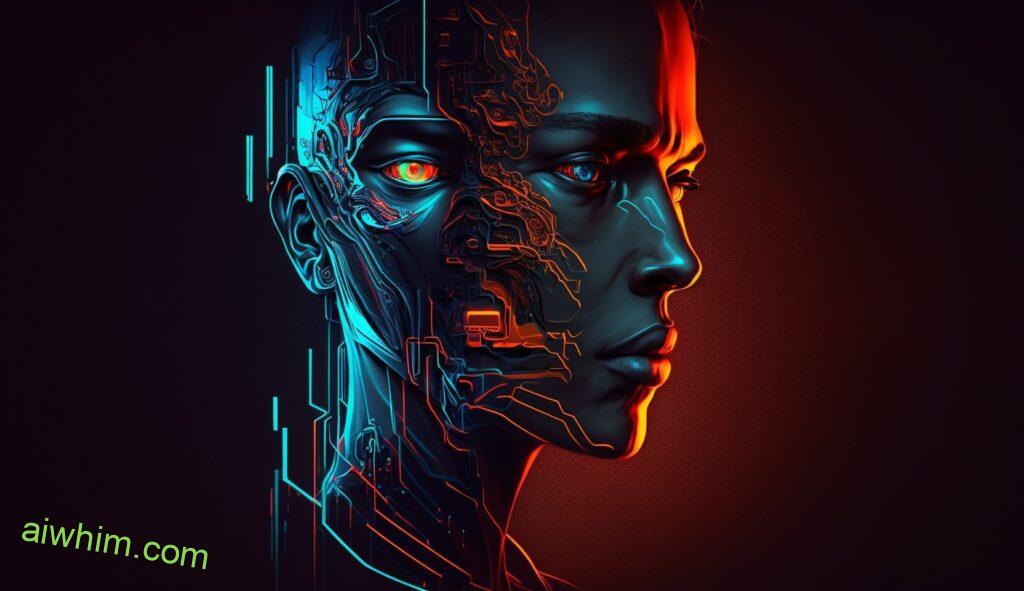
Human Versus Machine: An Analysis
The cost implications of automation and AI have been discussed, but what about the human element? Is it possible for machines to replace humans in certain roles such as editing? To understand this, we must analyze how human-machine interactions compare.
When considering a comparison between man and machine in terms of their ability to edit content, there are several factors that can be taken into account. First, automation tools may provide more up-to-date information than a human editor could ever achieve. For example, automated tools can quickly identify any changes or updates to the content being edited while a person would likely need an extensive amount of time and research to catch those same details. Additionally, people can only work so fast when dealing with large amounts of data whereas machines process information much quicker. This allows larger volumes of material to be processed at a faster rate and with greater accuracy than if done by hand.
On the other hand, however, no matter how sophisticated automation and AI become they still cannot match the capacity for creative thought which is essential in many jobs including editorial work. Machines lack subtlety; they simply don’t possess the same level of nuance that comes from a human’s understanding of language and culture meaning things such as tone, style and context will always be better judged by someone who has direct experience in these areas. Therefore, although automation tools have made great strides in recent years when it comes to taking on certain tasks previously handled manually — including some aspects of editing — ultimately it seems unlikely that machines will completely supplant humans anytime soon.
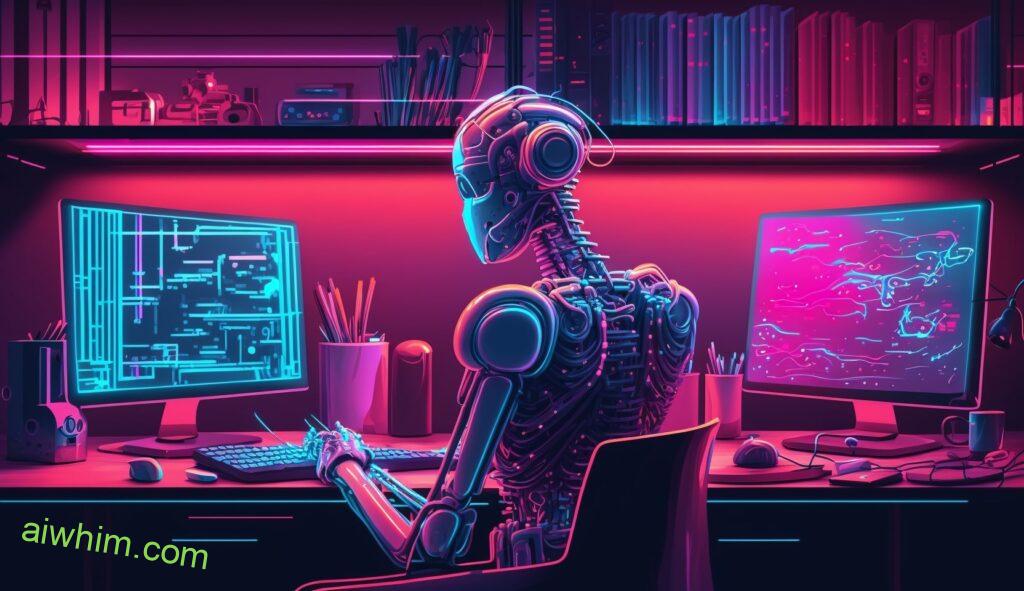
The Future Outlook For Editors’ Jobs
It may come as a surprise, but the future outlook for editors’ jobs is actually quite bright. Despite the rise of AI and automation technologies that have had far-reaching implications on many industries, the world still needs people to create content and make sure it meets quality standards before it goes public.
- Editors are in demand due to their unique ability to craft stories with clarity and accuracy while keeping up with trends.
- They can work remotely or full-time in an office setting which offers them flexibility.
- With technological advances making production faster and easier, editors must stay informed of new tools available to ensure they remain competitive.
- Their job prospects will increase as more organizations recognize the need for accurate and well-crafted communication materials.
The shift towards digital media has created opportunities for editors who are willing to learn new skills such as coding, data analytics, SEO optimization, etc., giving them a leg up in the workplace. The growing demand for high-quality content combined with advancements in technology means professionals like editors have plenty of career options going forward — proving that there’s always room for human intelligence alongside machine learning systems!
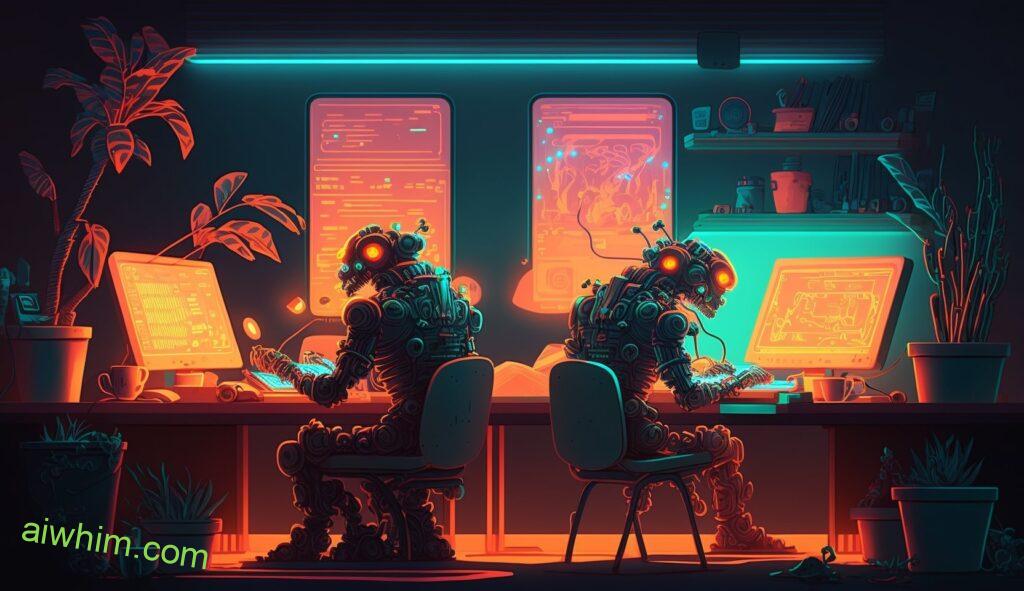
Benefits Of AI And Automation For Editors
The potential benefits of AI and automation for editors are vast. With the help of these tools, editors can spend less time manually checking for errors, such as typos or formatting issues. This allows them to focus more on creative aspects that require greater attention and expertise. Automation also helps ensure accuracy and consistency across documents, which is essential in producing high-quality results. Additionally, automated processes can reduce the amount of time required to complete editing tasks significantly.
AI and automation offer increased efficiency while freeing up an editor’s valuable time. These technologies can be used to quickly scan through large amounts of text in order to detect any mistakes or areas where they need improvement. They can also automate specific tasks like spellchecking or grammar correction. Furthermore, AI systems can provide recommendations based on a document’s content, helping make sure it remains consistent with other texts produced by the same individual or organization.
All this adds up to improved productivity for editors who will find themselves able to deliver higher quality work faster than ever before – giving them more control over their own destiny and allowing them to pursue new opportunities without sacrificing their creativity or effectiveness at their job
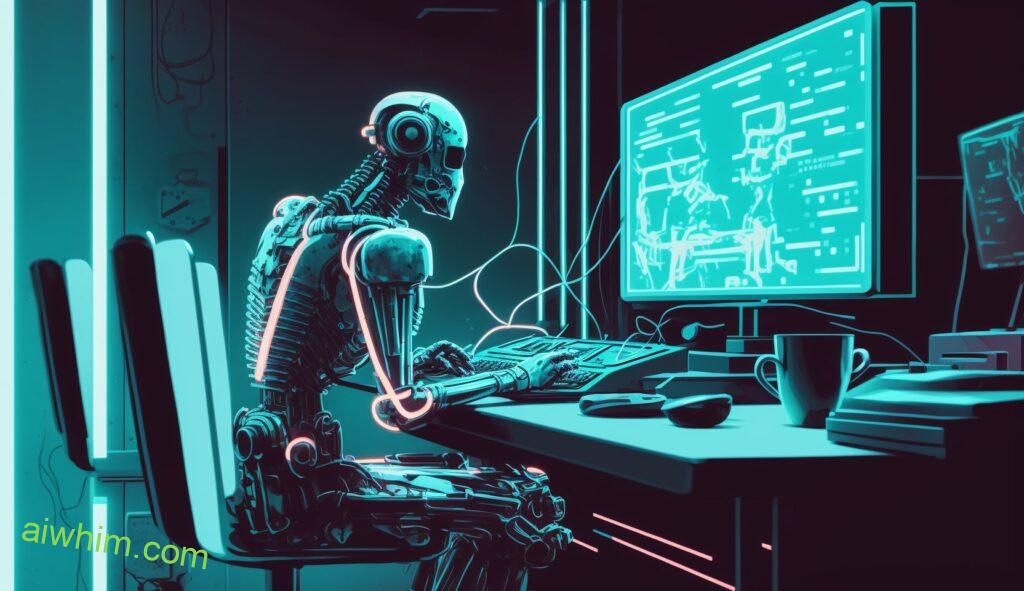
Leveraging AI To Create New Career Opportunities
The fear of AI and automation taking away jobs from editors has been at the forefront of conversations for many years. But rather than being a cause of worry, this advancement in technology can be seen as an opportunity to create new career pathways. By leveraging AI-automation to automate mundane tasks, editors can focus their attention on more creative aspects such as reviewing and rewriting content.
In addition to creating opportunities for editors, AI and automation are also opening up possibilities that didn’t exist before. For instance, a combination of automation and artificial intelligence is enabling digital marketers to quickly identify customer needs so they can craft tailored marketing experiences for customers. Moreover, through automated processes like machine learning algorithms, businesses are now able to gain insights about customer preferences faster than ever before. This newfound knowledge allows professionals to make more informed decisions when it comes to product development or pricing strategies.
AI and automation have made it easier than ever before for individuals to pursue their desired careers without having to be bogged down by tedious manual labor. With the help of these technologies, people with diverse skill sets can find success in industries ranging from information technology to healthcare services – all while giving them the freedom they desire in their professional lives.
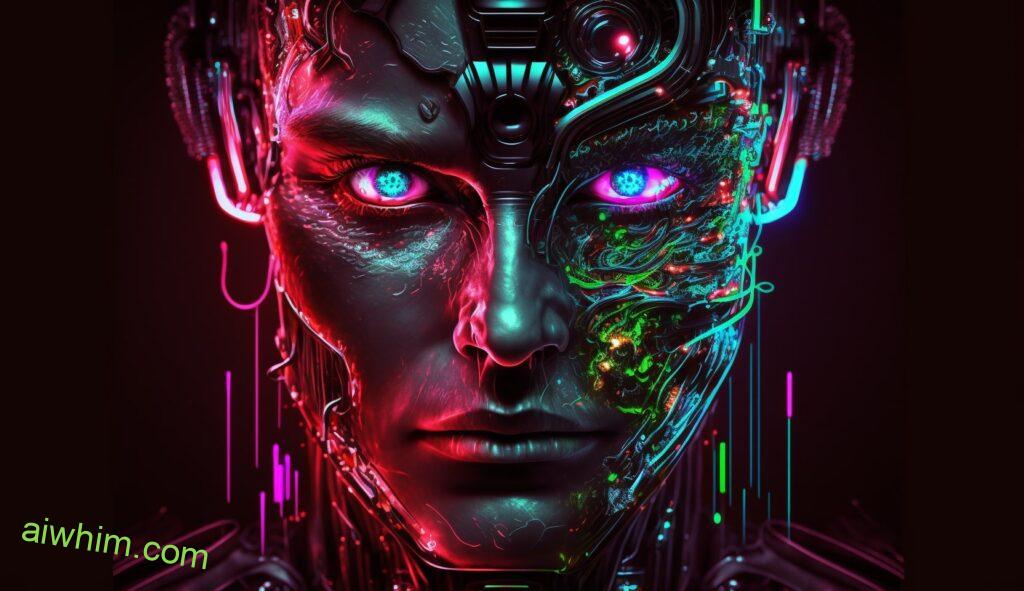
Ethical Issues In The Use Of AI And Automation By Editors
The use of AI and automation by editors has raised ethical questions about job security, human rights, privacy, and accuracy. It’s clear that artificial intelligence can improve efficiency in the editing process but it raises concerns over how humans are affected by its implementation.
Editors must consider whether they’re replacing themselves with machines or supplementing their work with tools to help them become more accurate and efficient. Automation doesn’t necessarily mean there will be fewer jobs; instead, it could create opportunities for new roles within the industry that focus on managing AI solutions. Editors must consider both the benefits and drawbacks of using these technologies before introducing them into their workflow.
AI and automation present a number of challenges for editors including protecting user data, ensuring unbiased results from algorithms, addressing potential bias against certain groups such as women or minorities, and safeguarding jobs from being replaced entirely by machines. These considerations require thoughtful discussion between editors and other stakeholders to ensure any decisions made uphold ethical standards while also benefiting all involved parties.
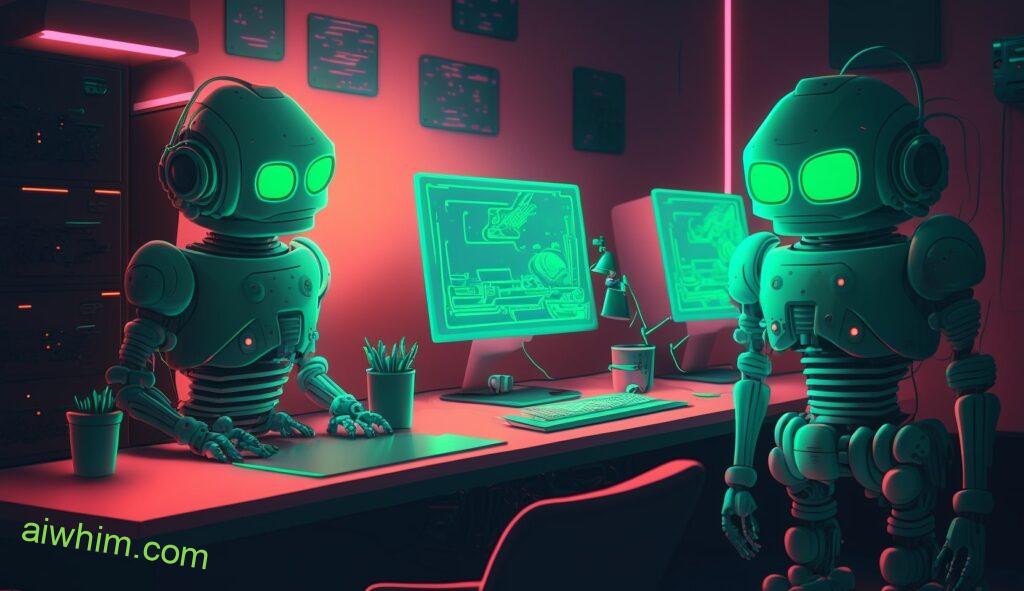
Preparing For The Future: Tips For Staying Relevant
It is often said that the only constant in life is change, and never has this been more true than in today’s modern workforce. As AI and automation continue to transform job roles across industries, editors must be prepared with the tools needed to stay ahead of their competition.
For editors looking to remain relevant in a quickly changing field, reskilling is an essential step. Whether it’s learning new software for editing or mastering cutting-edge automated tools, staying up-to-date on the latest technologies will help keep you competitive as other editors race towards similar advancements. Additionally, honing your skillset through courses and certifications can provide additional opportunities when searching for jobs. The trick is knowing where to look: networking within industry groups and utilizing social media platforms like LinkedIn are great ways to find potential employers who may be interested in hiring a skilled editor.
By taking proactive steps to acquire new knowledge and broaden one’s network, editors have greater chances of success during the job search process. With these strategies combined together, editors can stay informed about ever-evolving trends while confidently positioning themselves as top contenders for positions involving AI and automation.

In Conclusion
In conclusion, as AI and automation become increasingly commonplace in the editing industry, it is important for editors to stay informed of the latest technology trends and equip themselves with the necessary skillset. To remain competitive in this ever-evolving landscape, editors must be willing to embrace new technologies while being mindful of ethical considerations. With a combination of digital literacy and creative problem solving, editors can take advantage of opportunities presented by the use of AI and automation to create exciting career paths. Ultimately, it’s up to individual editors to capitalize on these advances if they want to secure their jobs as editors now and into the future.
Author: Ole Paulson
Author Bio: I’m Ole and on this website, I share everything there is to know about Artificial Intelligence, and useful tips for using AI to our advantage. I have a background in data science and research and have been following the AI-space for years. You can read more about me in the “About” page.


